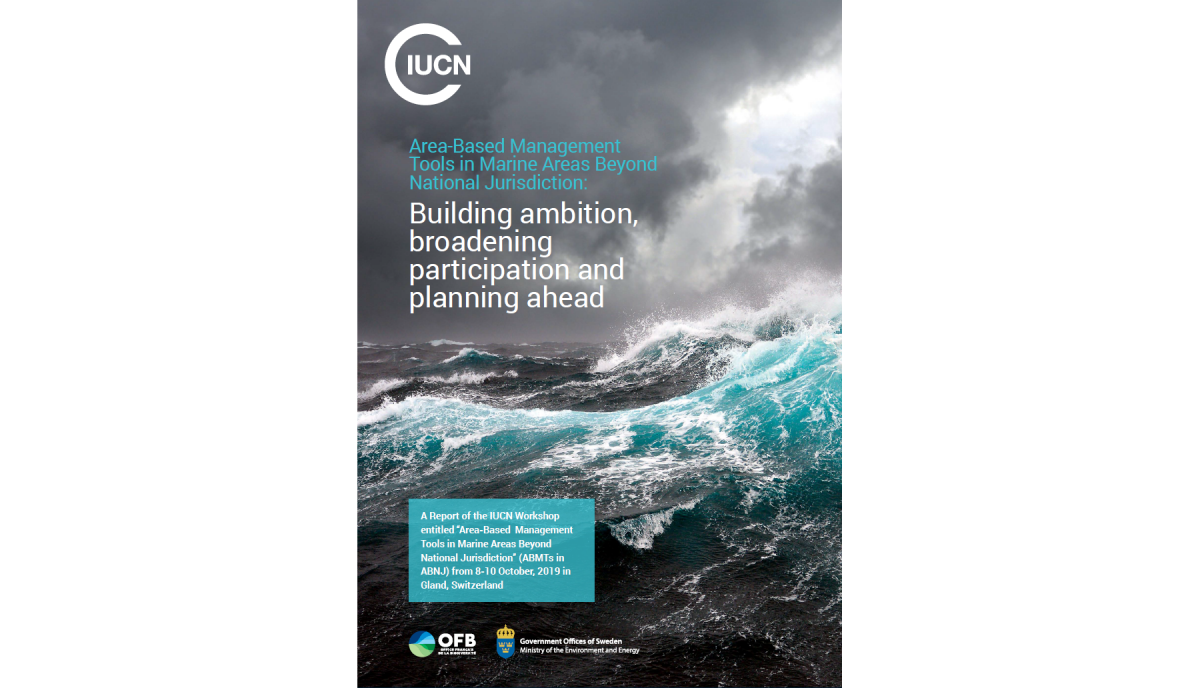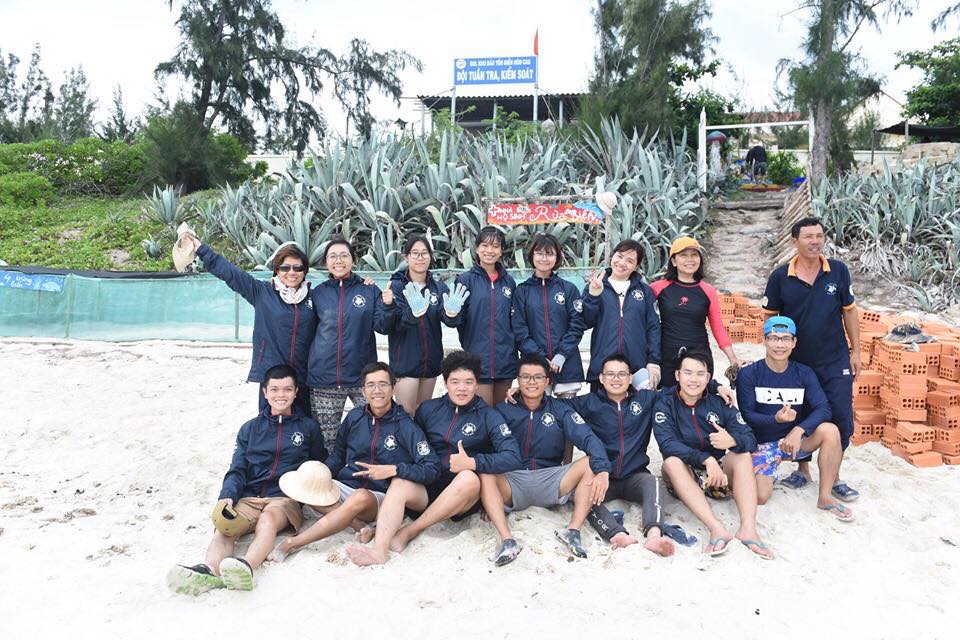New Western Gray Whale Advisory Panel agrees on way forward
Solutions to issues surrounding oil and gas development in the summer feeding habitat of the critically endangered western gray whale population began to emerge at the first meeting of the Western Gray Whale Advisory Panel, convened by the World Conservation Union (IUCN) recently.

Photo: IUCN
The new panel will continue to advise Sakhalin Energy on the potential impacts of the Sakhalin II offshore oil and gas development in the Russian Far East on this whale population. IUCN is also keen to see other oil and gas companies working in the region participate in this new process.
IUCN has been working with Sakhalin Energy on problems associated with Western Gray Whale conservation for more than two years. The Union has convened two previous scientific panels that provided advice to Sakhalin Energy on how to minimize the impact of its operations on the local whale population. The most recent meeting kicklaunched the new long-term scientific advisory panel, which will take a more proactive approach than previous panels.
“The meeting was a good start to a very challenging process. However, quite a number of issues - of methodology, outlook, priorities, and interpretation of data and analyses - remain open,” said Dr Randall Reeves, Chairman of the advisory panel.
The panel agreed on a series of steps towards initiating a whale satellite tagging programme and merging two existing photographic catalogues of western gray whales. It also acknowledged the complexities of addressing issues related to oil spill prevention and response and began to tackle them.
“Although the establishment of the panel is an important step , the future of this critically endangered whale population is by no means assured. The panel provides an opportunity for business, governments and the conservation community to work together for the conservation of this whale population,” said Dr Julian Roberts of the IUCN Global Marine Programme.
“The meeting reinforced the value of stakeholder involvement in this process,” said Reeves. “There is still a lot to do, but I was impressed by the hard work of the panel members and associated scientists, and gratified by their clear commitment to continue with the Western Gray Whale Advisory Panel process.”
n addition to the panel members and representatives from Sakhalin Energy, the meeting was attended by IUCN staff and observers from financial institutions and environmental NGOs. List of participants[PDF]
Further information:
More information and documents on the Western Gray Whale Advisory Panel:
Western Gray Whale Conservation Initiative
For additional information, please contact Julian Roberts at julian.roberts@iucn.org



